![Image[1]-Mmos Are Still The Best Place For Truly Inhabiting A Character - 9GamePlus-9GamePlus](https://cdn.mos.cms.futurecdn.net/NhdNS9DBXmvYFMg37DaPbW.jpg)
My heart will always return to the MMORPG for one simple reason: they’re perfect games for role-playing, and they’ve stayed that way for years.
When the first MMOs were hitting the market, their large, shared worlds primarily existed to take advantage of a novelty: internet chat rooms. Those huge grinds and mandatory group activities were built to bring gamers into contact with one another. Entertainment wasn’t the primary goal, community was.
That design philosophy just doesn’t work any more. MMORPGs (rightfully) introduced group finders and the like, while players migrated to Discord servers and subreddits. The social aspects wilted on the vine for the sake of convenience. All except one: role-playing.
“Role-playing? That thing nerds do? Psh, that’s so lame. How am I supposed to pwn noobs if I’m busy talking ye olde English?” Well, imaginary person I’m arguing with, besides the fact nobody uses the phrase ‘pwn noobs’ any more, role-playing is a lot more than Shakespeare in the park.
It’s collaborative, never-ending writing. You rock up with a character, step into their shoes, and see where the story goes with your friends. You can tell stories in any genre, depending on your game and guild. In Final Fantasy 14 alone you can become a monster-slayer, a bruiser for a criminal organisation, a fighting pit champion, or just a bartender.
One character I met in a City of Heroes private server was just called A Corpse. They’d use a glitch to die in the middle of a club and stay there for hours on end, doing nothing. I grew fond of that guy, they were like a mascot—or one of those people who gets famous in New York for giving out free hugs.
I can’t help but laugh whenever some company tries to sell me on large-language model AIs, with the sales pitch of “imagine playing Dungeons & Dragons without needing a DM”, or “play through your favourite worlds forever.” I can already do that. Call me a luddite if you want, but I’ve been doing that since, like, 2008.
I’ve been embroiled in plotlines that are months in the making. I’ve played characters who’ve become very dear to me, occupying parts of my brain and shaping my personality as I grew up through my awkward teenage years. Friendships—ones made with other writers as well as their characters—grow organically through hours of play.
Each player gets to bring their own brain gremlin to the storytelling supper. Recently, in Final Fantasy 14, my RP group sat down to talk over what they’d be doing with a gang of runaway soldiers that had committed some grave crimes during their service. We had a deep debate in the game’s chat window, for like four hours. It ruled.
Fantasy feelings
![Image[2]-Mmos Are Still The Best Place For Truly Inhabiting A Character - 9GamePlus-9GamePlus](https://cdn.mos.cms.futurecdn.net/yijKphw9Zwf9VhUffTHFL7.jpg)
The resurgence of tabletop games like D&Ds has brought role-playing back to the mainstream, and while I do adore those games, there’s something about the sheer amount of time you can spend in an MMO that makes it hit different.
Sessions can be scheduled, sure, but you don’t need a weekly time slot for most role-play. Go into one of the main RP servers in World of Warcraft, hit up Stormwind, and you’ll likely see folks just milling about, doing their day-to-day thing.
Some writers will tell you that, after a few novels, their characters will start to speak and talk almost entirely on their own. The same is true of role-playing—even if I’ve not played a character in years, I could probably hop back into their shoes if pressed.
These characters—little bits of your subconscious—can grow, learn, and tell you things about yourself if you let them. I’ve both shed tears and busted my gut laughing during role-play. The community even has a term for it: emotional bleed.
While that bleed can become unhealthy, it’s huge for gamers who’d otherwise have no ability to express themselves, whether due to disability, a difficult home environment, or any number of reasons. It’s a safe place to explore parts of yourself—or you can just become a gnome named Stinky who hands out apple pies to people. Maybe that’s your inner truth.




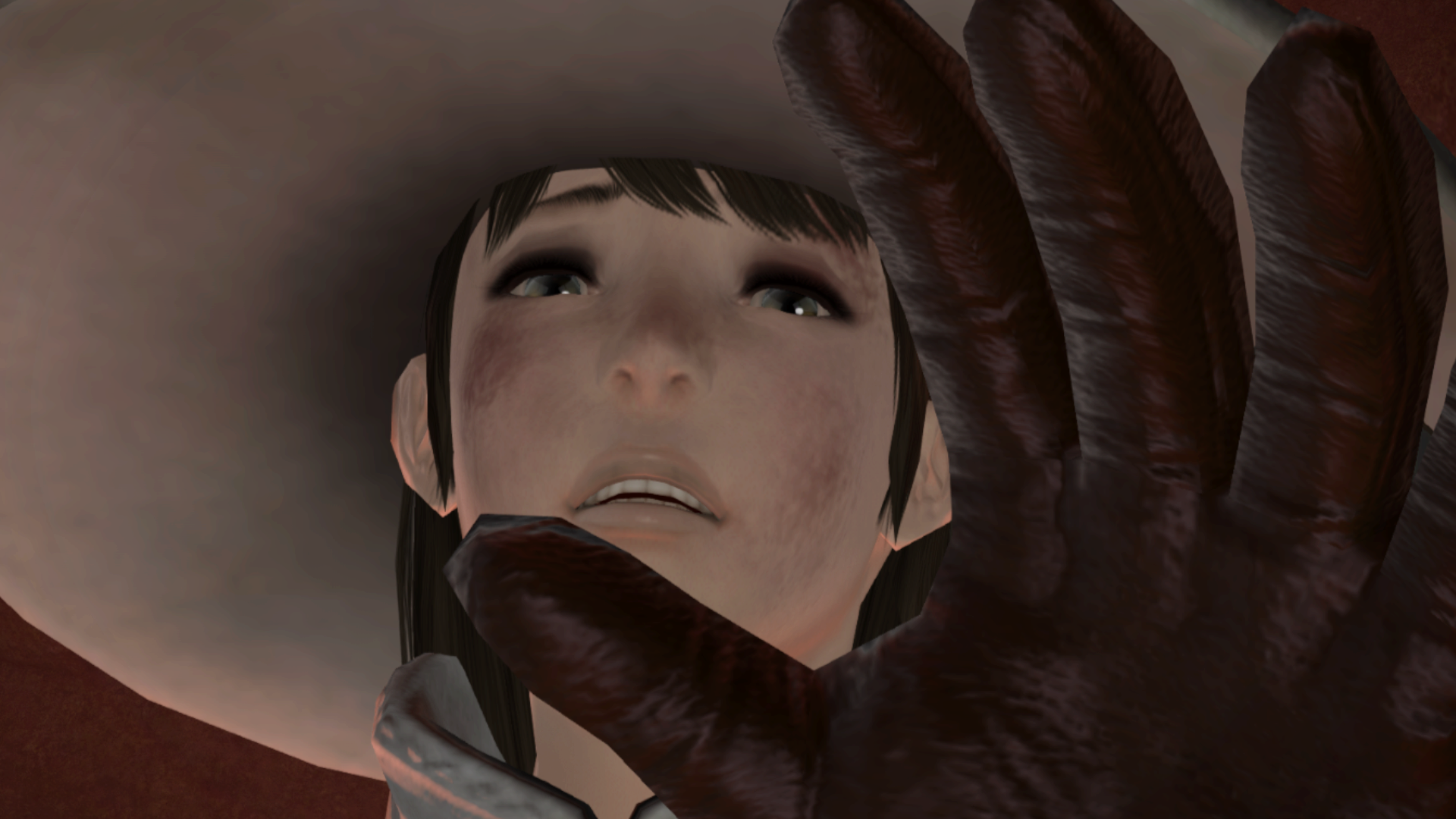
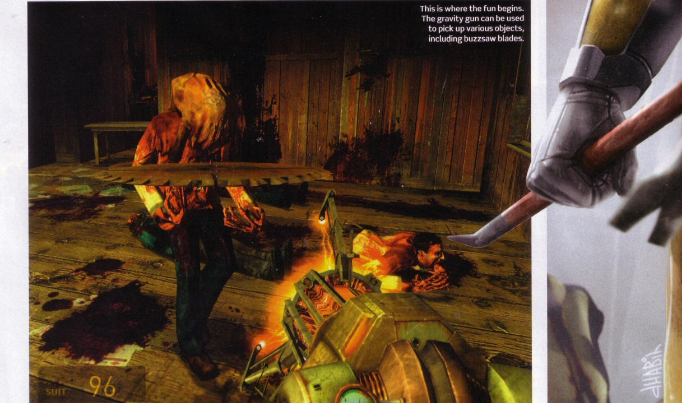
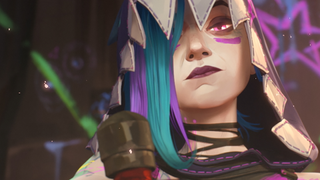

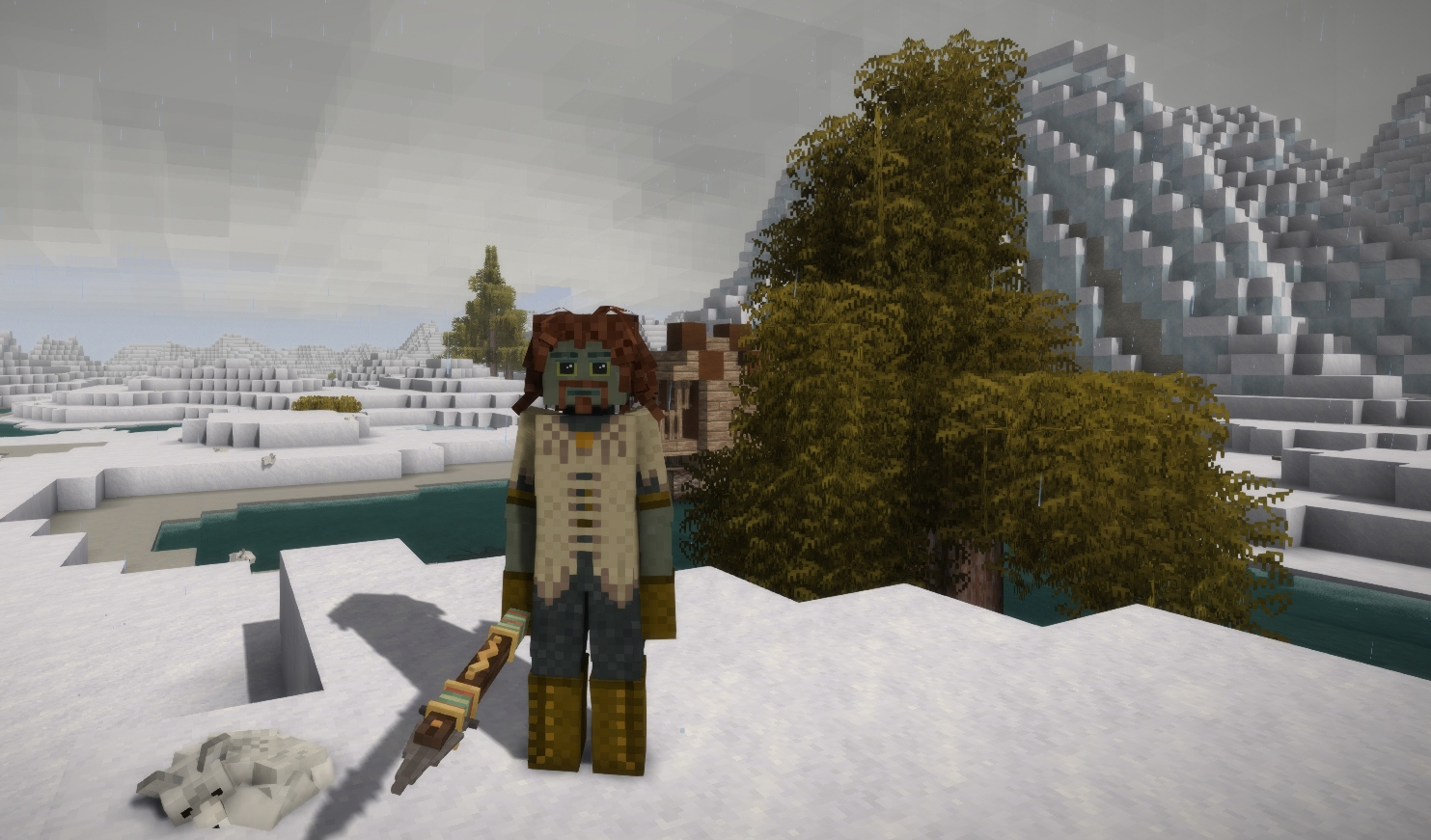
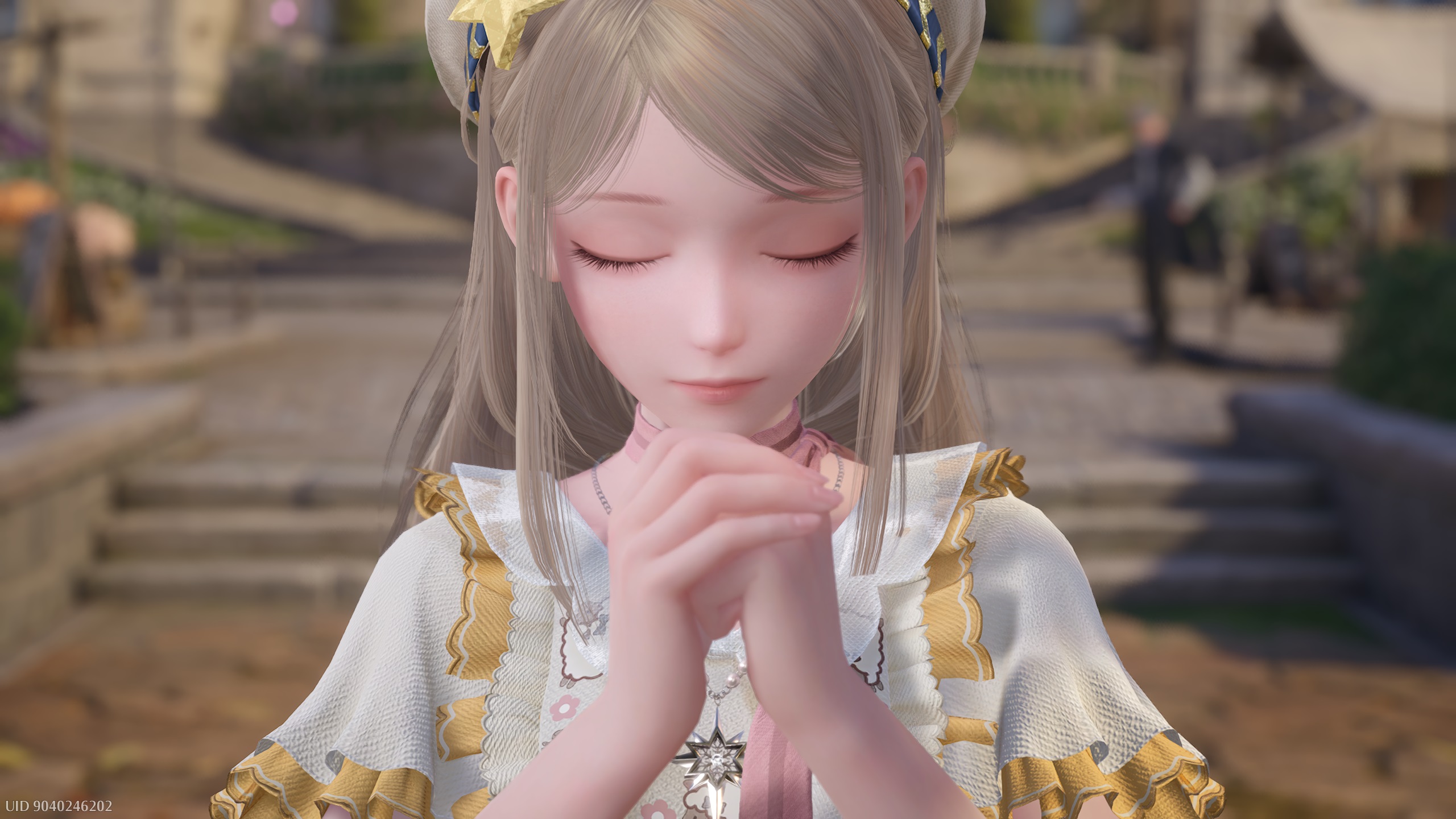




No comments yet